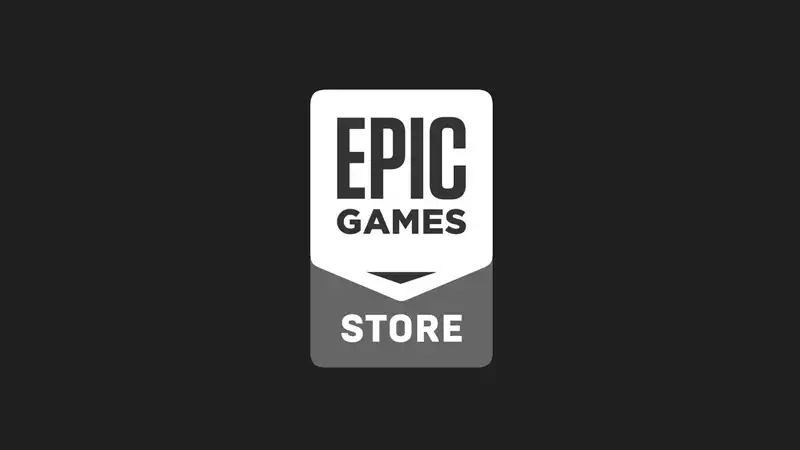Documents released as evidence in the Apple v. Epic lawsuit launched Monday reveal that Epic dropped more than $11.6 million on free games in the first nine months from December 2018 to September 2019.
GameDiscoverCo founder Simon Carless, who tweeted the image earlier today, explained that the document in question was one of several that were released prematurely: these documents were not scheduled to be released until later in the trial, but were mistakenly released today when Epic's included in the documents. All documents were immediately removed from the archive, but appear to have since been restored.
The full documents paint a very interesting picture of the early days of the Epic store, revealing significant disparities in the amount paid to be able to offer a variety of games. For example, Edmund McMillen's "The End is Nigh" earned $200,000, while Annapurna's "What Remains of Edith Finch" only earned $125,000; Epic paid PlayDead $350,000 for "Limbo, Inside" for $800,000, but only $150,000 for "Alan Wake."
Topping the list was the "Batman: Arkham" trilogy at $1.5 million, followed closely by "Subnautica" at $1.4 million.
More interesting than the amount of money Epic invested in these free games, however, is the "UA cost" (aka user acquisition) column, which is the buy-in price divided by the number of new Epic Store accounts acquired by each game. This metric, as described by indie game developer Rami Ismail on Twitter, shows that indie games are a very big factor in attracting audiences: while big titles like the "Arkham" games attract huge numbers, "Oxenfree" , "Hyper Light Drifter," "Super Meat Boy," and "Fez" can further increase their numbers at a fraction of the cost.
Despite all this expense and the number of users who create accounts in exchange for free games, the actual impact of regular giveaways appears to be relatively small. According to this document, only about 7% of EGS users who acquired at least one free game made a purchase through the storefront, which does not seem like a very impressive conversion rate.
These numbers are through mid-2019, and the document does not tell us how much Epic spent on high-profile giveaways in 2020, such as "Grand Theft Auto 5," or whether Epic's UA costs began to rise noticeably over time. If the main goal is to attract new users, diminishing returns means that it becomes increasingly difficult to do so, and at some point it must become too costly to continue doing so.
Regardless of how the weekly giveaways are done in the future, the Epic Games Store still has a long way to go before it runs out of money: CEO Tim Sweeney said in April that the Epic Store is not currently profitable because "to gain market share , CEO Tim Sweeney admitted in April that Epic stores are not currently profitable because "we are accelerating our marketing and user acquisition costs to gain market share. He also stated that the company does not expect to be profitable until 2027.
Epic declined to comment on the document.


Comments